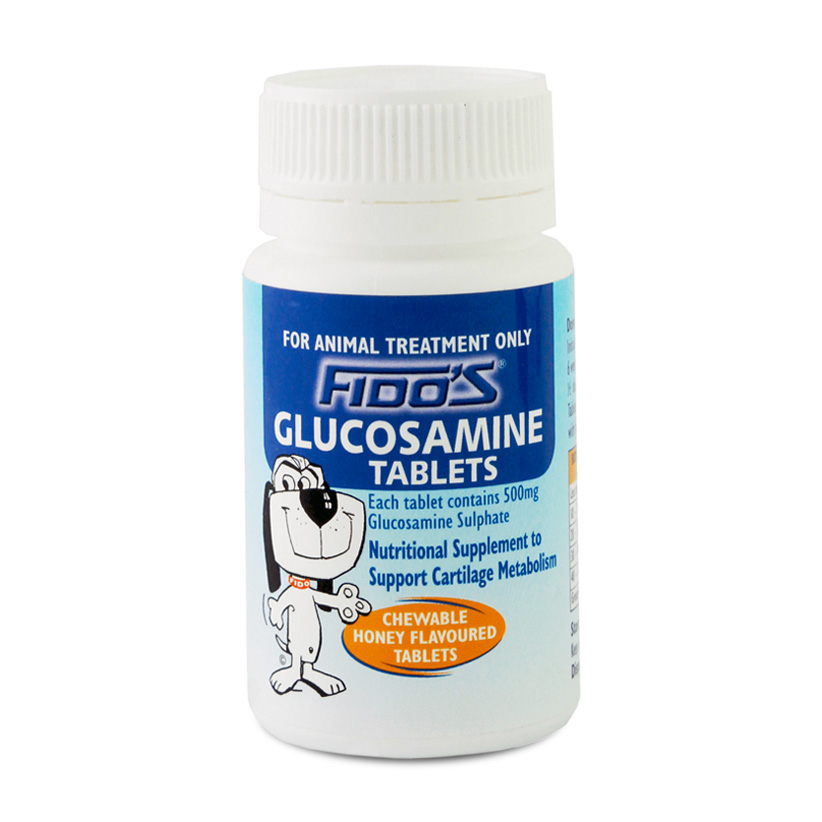Arthritis
Older pets can start to suffer joint stiffness and immobility because of arthritis in the same way we do as we age. The causes are the same, and especially in relation to osteoarthritis in pets where joints have endured wear and tear over time and no longer function smoothly and pain-free like they used to. The same goes for the inflammation that is the cause of rheumatoid arthritis, and this is the type that dogs and cats may get when they are older despite being in good health otherwise.
Being overweight can worsen arthritis for pets, and especially if the joints affected are weight-bearing ones like in the hip and in lower leg bones where they join the animal’s paws. Arthritis may be worse if the pet has had a sedentary lifestyle, and it may be that the inflammation of arthritis is more pronounced if they have latent food allergies or anything else that is making their immune system overreact even more strongly.
Pet Arthritis Treatment
The use of NSAID (non-steroidal anti-inflammatory) drugs is the standard approach to pet arthritis treatment too, and in addition to these pet arthritis medications it may also be that OTC natural pet arthritis medications like Dasuquin are also effective for helping a dog with arthritis. Physical therapy may not be as realistic for pet arthritis depending on the animal and what they are willing to tolerate, but targeted movement can be helpful in helping joints be less stiff and painful and increase joint mobility.
Pet Arthritis Relief
There is more than one type of medication used for pet arthritis relief, and most veterinarians will be very familiar with all of them. The one that they prescribe for a dog or cat will be based on their age and the extent to which they are debilitated by arthritis. Certain ones may be better if there is significant cartilage deterioration occurring because of osteoarthritis. The animals that have more mild joint stiffness and immobility will likely be fine with any standard NSAID for pets and taking it a lower dose.
Pet Medications for Arthritis
Galliprant is an excellent medication for dog arthritis treatment, as is Rimadyl (Carprofen). Deramaxx is also a good NSAID for pet arthritis, and it’s the best choice for dogs that need to be taking only certain medications because of existing gastrointestinal issues like stomach ulcers. Previcox is one of the medications that is most frequently prescribed by veterinarians when an owner comes to their clinic with a dog or cat that has arthritis. Adequan and Synovectin round out the pet medications for arthritis we’ll look at here. These ones are different in that they are an intramuscular injection (Adequan) or one that goes directly into the joint for conversion electron therapy.
Signs & Symptoms
- Limping or lameness
- Stiffness, especially after resting
- Difficulty getting up or lying down
- Reluctance to climb stairs or jump
- Decreased activity or exercise tolerance
- Swollen joints
- Behavioral changes such as irritability or withdrawal
Anatomy
- Joints
- Cartilage
- Ligaments
- Bones
- Synovial fluid
Cause
- Age-related joint degeneration
- Previous joint injuries
- Obesity putting stress on joints
- Genetic predisposition (e.g., hip dysplasia)
- Autoimmune conditions affecting joints
- Infection in the joint
Diagnosis
- Physical examination and gait analysis
- X-rays to evaluate joint structure
- Joint fluid analysis
- Blood tests for inflammatory markers
- Ultrasound or MRI for soft tissue evaluation



